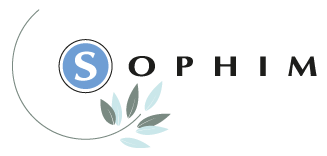The demand for animal-friendly beauty products has been growing for several years, and cosmetic brands are specialising in exclusively vegan products. Discover the answers to all the questions you have about vegan cosmetics with Sophim!
1. Understanding the vegan approach
The vegan movement is mainly known to the general public on the subject of food. In reality, it is a global approach, which concerns a lifestyle. Veganism fights against speciesism, and refuses to consume food products or objects that are based on animal exploitation.
The diet of vegans contains no animal products: no meat, fish, eggs, dairy products (butter, milk, etc.), honey, etc. They differ from vegetarians, who only exclude animal flesh from their diet (meat and fish).
Vegans are also sensitive to all the products they consume on a daily basis. For example, they do not wear leather, a material derived from animal husbandry. They also pay particular attention to the composition of cosmetic products, which may contain ingredients of animal origin.
2. The difference between vegan and organic cruelty-free cosmetics
Veganism, animal suffering and organic farming are closely related, but refer to different concepts.
a. “Cruelty free” cosmetics
Many products in the cosmetics sector now carry “cruelty free” labels.
Cruelty free certified products and the ingredients they contain have been developed and manufactured without the use of animal testing. Vegans are sensitive to animal suffering, and their expectations converge with the values promoted by these labels. But their expectations go beyond that.
Indeed, a product labelled “cruelty free” may contain ingredients of animal origin: fatty substance, honey or beeswax, etc. Only a certified vegan product can be used by a vegan person. Some labels also guarantee the total absence of animal testing, and are therefore in line with vegan values.
b. Organic cosmetics
Organic farming is based on production methods designed to maintain natural balances. Synthetic chemicals and genetically modified organisms are excluded, and the use of inputs is strictly limited. Organic farming preserves biodiversity and limits the impact of agricultural practices on pollinators, earthworms, birds, etc. It also greatly reduces the pollution of groundwater with pesticides and chemical fertilisers.
Choosing an organic cosmetic product is also an eco-responsible gesture. Beyond the expectations in terms of health and well-being, organic farming is an act of commitment to the planet.
On this subject, you can consult our dossier on the differences between organic and natural cosmetics.
But an organic cosmetic product is not necessarily vegan. Its formula may include ingredients of animal origin, produced in accordance with organic farming standards (organic honey, for example). Conversely, a certified vegan product may include ingredients of plant origin produced according to the principles of conventional agriculture.
3. Labels for vegan cosmetic products
There is no international regulation on vegan cosmetics. Non-governmental organisations and associations have set up standards and labels. Several initiatives are particularly noteworthy for their rigour and visibility.
EVE VEGAN®
EVE VEGAN® is a French vegan certification mark carried by Expertise Végane Europe which offers a certificate of conformity for raw materials, products and services related to the food, cosmetics and textile sectors. This label is the most demanding on the market today, and guarantees the absence of ingredients of animal origin in the product or in the packaging, the total absence of tests on animals, and ingredients from vegan organic agriculture (certification level EVE VEGAN 02).
Website : https://www.certification-vegan.org/en/index.html
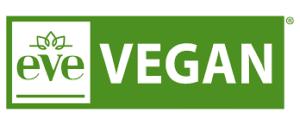
VeganCert
VeganCert is a non-governmental, non-profit organisation that offers a “VegeCert Certified Vegan” label for many products, including cosmetics. This standard guarantees the absence of ingredients of animal origin in the product and in the packaging. However, it does not guarantee the absence of animal testing in countries that are not subject to animal testing regulations, and the plant ingredients are not necessarily organically grown vegan.
Website : https://vegecert.com/
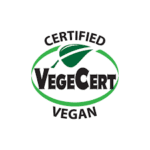
Cruelty Free & Vegan
The Peta association, renowned for its militant actions in favour of the animal cause, offers a Cruelty Free & Vegan label. This label guarantees a vegan product, not tested on animals. There are several logos to identify Peta-certified vegan cosmetics.
Website : https://www.peta.org/living/personal-care-fashion/beauty-without-bunnies/

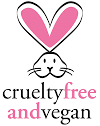
Vegan Action (Vegan.org)
The non-profit organisation Vegan Action also offers vegan certification for cosmetic products. The stamped products are guaranteed to be free of animal ingredients and have not been tested on animals. Some ingredients may be from non-organic agriculture.
Website : https://vegan.org/certification/
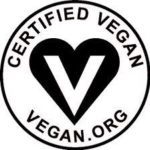
4. Natural and organic ingredients with Sophim
Are you sensitive to the animal cause? Are you looking for healthy and natural cosmetic ingredients? Discover the entire Sophim range of products, and our COSMOS certified references. We can help you design healthy and natural cosmetic products, adapted to the expectations of 21st century consumers!
You can contact your usual contact person to access our catalogue, join our teams at (+33)4 92 33 17 17, or send us a message online.
Category: Cosmetics Expertise





